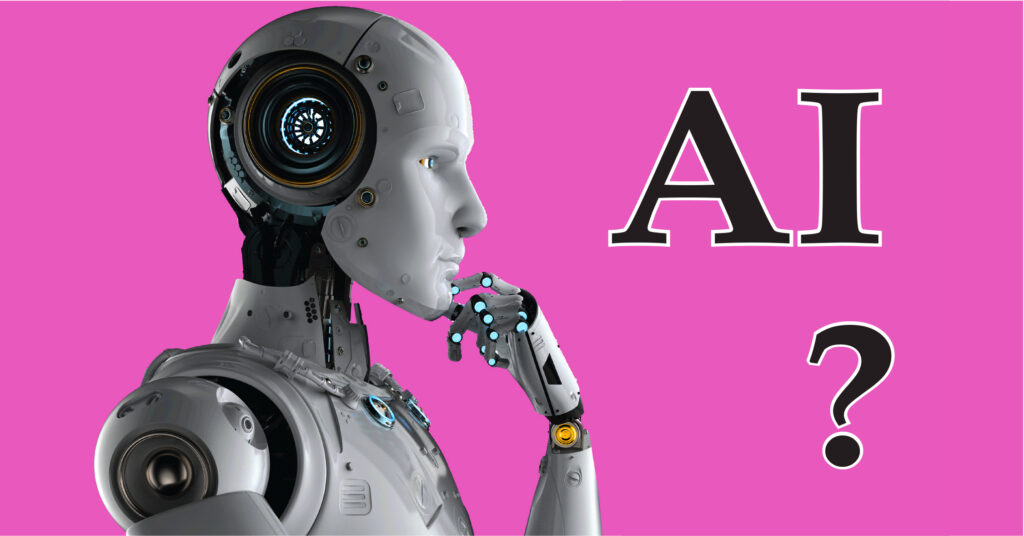
The first of what is expected to be many lawsuits over an employer’s use of Artificial Intelligence (AI) tools when hiring was filed February 21, 2023. As noted in past blogs, such tools have caught the attention of the White House and the Equal Employment Opportunity Commission (EEOC).
The class action lawsuit was filed against Workday, Inc. in California, alleging the company engaged in illegal race, age and disability discrimination by offering customers applicant-screening tools that use biased AI algorithms.
Last year, legislators and regulatory agencies began to take note of companies’ increasing reliance on AI in employment. Vendors market AI as a tool to streamline HR processes and guard against human bias and discrimination. Unfortunately, undisciplined use of AI could introduce unintentional discrimination into the workplace.
The lead plaintiff, an African American male over 40 who suffers from anxiety and depression, had applied for more than 80 jobs on Workday since 2018 and was denied employment each time, despite holding a bachelor’s and associate’s degree. The plaintiff seeks to represent a class of all African American applicants over the age of 40 or disabled since June 3, 2019, that have not been “referred and/or permanently hired” due to Workday’s alleged AI discriminatory practices.
According to the suit, Workday provides screening tools to customers allowing them to use “discriminatory and subjective judgments” when evaluating applicants while also providing “preselection” within certain categories. The plaintiff alleges the administration of this AI screening tool constituted a “pattern or practice” of discrimination.
The plaintiff seeks a judgment that the practices are unlawful, with an injunction against Workday from engaging in the allegedly discriminatory policies, and an order that Workday implement “policies, practices, and programs” that would allow minorities access to equal employment opportunities. The lawsuit also seeks monetary damages, including back pay, front pay and attorneys’ fees.
CONCLUSION
This new AI case is being called “groundbreaking” as it’s one of the first to allege discrimination based on an employer’s use of AI tools when hiring. With the increasing use of AI, employers must be aware of the legal implications of using such tools. The EEOC is paying close attention to the potential for discrimination and has offered guidance as blogged here. It’s crucial for employers to stay updated on the developing laws in this area.
